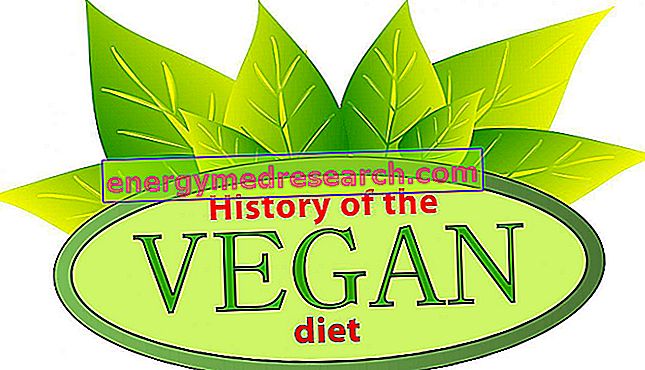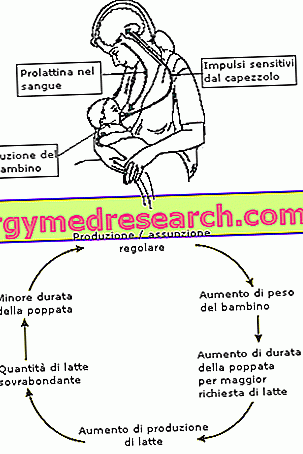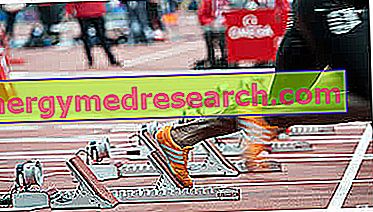
The vegan diet represents an evolved form of the vegetarian diet.
The birth of vegetarianism can be traced back to the culture of ancient Greece and India, but the English word "vegetarian", as well as the Italian "vegetarian", came into use only in the nineteenth century as a reference to those who do not consume the meat (understood as a fabric, therefore including: fish, molluscs, crustaceans, additives, etc.). The Oxford English Dictionary attributes the first use of the term "vegetarian" to the English actress Fanny Kemble (Georgia, USA, 1839). At the time, vegetarians who did not consume eggs, milk and derivatives were defined as strict or total vegetarians.
In 1800 there were several attempts to establish real communities of strict vegetarianism; in 1834, Amos Bronson Alcott, father of the writer Louisa May Alcott, founded the "Temple School" in Boston, Massachusetts, based on strict principles of total vegetarianism. In 1844 he founded "Fruitlands", a small community in Harvard, Massachusetts, which opposed any use of animals, including the workforce in agriculture. In England, in 1838, James Pierrepont Greaves opened "Alcott House", in Ham, Surrey, an aggregation that respected the principles of the strict vegetarian diet. The members of the "Alcott House" were involved in 1847 to compose the "British Vegetarian Society", which held its first meeting of the year in Ramsgate.
Thus it was that other vegetarians, interested in the moral principles of the total diet, began to abstain completely from animal exploitation. An article from 1851, published in the journal "Vegetarian Society", already considered the various alternatives to the use of animal skin for footwear. In 1886, the company published "A Plea of Vegetarianism", written by the British activist Henry Salt, which promoted vegetarianism as a moral imperative; Salt was one of the first to change the vegetarian paradigm from "animal welfare" to "animal law". His work was also influenced by the knowledge of Mahatma Gandhi, so much so that the two men became friends.
The vegan cookbook was written by Rupert H. Wheldon; It was called "No Animal Food: Two Essays and 100 Recipes", and was published in London in 1910. Historian Leah Leneman claims that, between 1909 and 1912, there was a big controversy within the "Vegetarian Society" referring to consumer ethics with regard to dairy products and eggs. This is because, in the production of milk, cows must be made pregnant and kept constantly in a state of breastfeeding; moreover, their calves, in addition to being removed immediately after birth, are often killed. As far as the production of laying hens is concerned, however, male chicks are brought to death immediately after birth. However, the company's position remained at a standstill, even though, in 1923, the related dissemination journal published: "The ideal position for vegetarians and abstinence from animal products" (the position - ethical - ideal for vegetarians is abstinence from products of animal origin.) In November 1931, for the London society, Gandhi gave a lecture entitled "The Moral Basis of Vegetarianism", in which 500 people participated (including Henry Salt). The Indian spiritual leader claimed that people should follow a diet without meat, not only in the interest of their own health, but also for a moral question.



